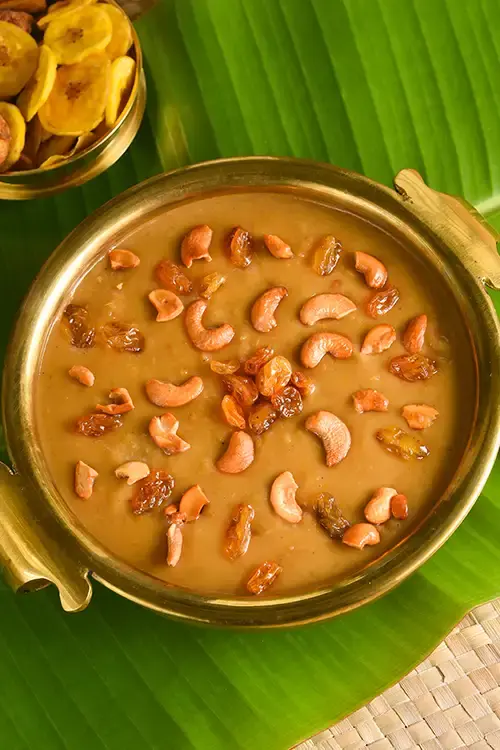Enchanting Kerala
Mappila Khalasis - traditional engineering at its best
Imagine a scene where huge Urus (traditional trading vessels) weighing hundreds of tons are drawn smoothly to and from the sea, not with the latest hydraulics machines but simply with some ropes, wooden logs, pulleys and an unmatched physical effort of a dedicated team. Unbelievable, isn't it? Get your next flight to Kerala and visit Beypore, an ancient port town in Kozhikode district, and enjoy this incredible spectacle yourself. The dedicated team members who perform this challenging task are known by the name of Mappila Khalasis or simply Khalasis.
Khalasis are a group of people traditionally involved in the construction of Urus. They are also used to draw the Urus ashore for maintenance and repair and also pushing the same back to the sea. The word Khalasi in Arabic means a dockyard worker, sailor or lascar. A member of the Muslim community in Kerala is generally known as Mappila. Since majority of the Khalasis are Muslims they came to be called a Mappila Khalasis.
The history of Khalasis dates back to some 2000 years. Beypore being an exclusive timber outlet of Kerala has been a fascination for many seafaring people, especially the Arabs. They were mainly into ship building and slowly a ship building industry developed in Beypore. Their main constructions were the Arab trading dhows (Arabic name for Uru). As the industry flourished, the demand for skilled laborers to move these ships to and from the sea increased, which in turn resulted in the rise of the Khalasis.
There are many families in Beypore and Chaliam in the Kozhikode district of Kerala, who have been working as Khalasis for generations. The skills of the Khalasi community have amazed the sailors and merchants from European and Mediterranean countries, which brought them to Beypore to buy Urus.
The native technique employed by Khalasis for their work is based on the principle of pulleys. The equipment consists of wooden rails, rollers and ropes. The wooden pole is moulded as windlass and pulleys and hawsers are used for leverage.
As the Khalasis exert pressure on the handles with the accompaniment of their traditional work songs that fill the entire atmosphere with vigour and vitality the huge mass; be it a ship or a heavy wooden plank, moves with ease to the amusement of the watching it.






